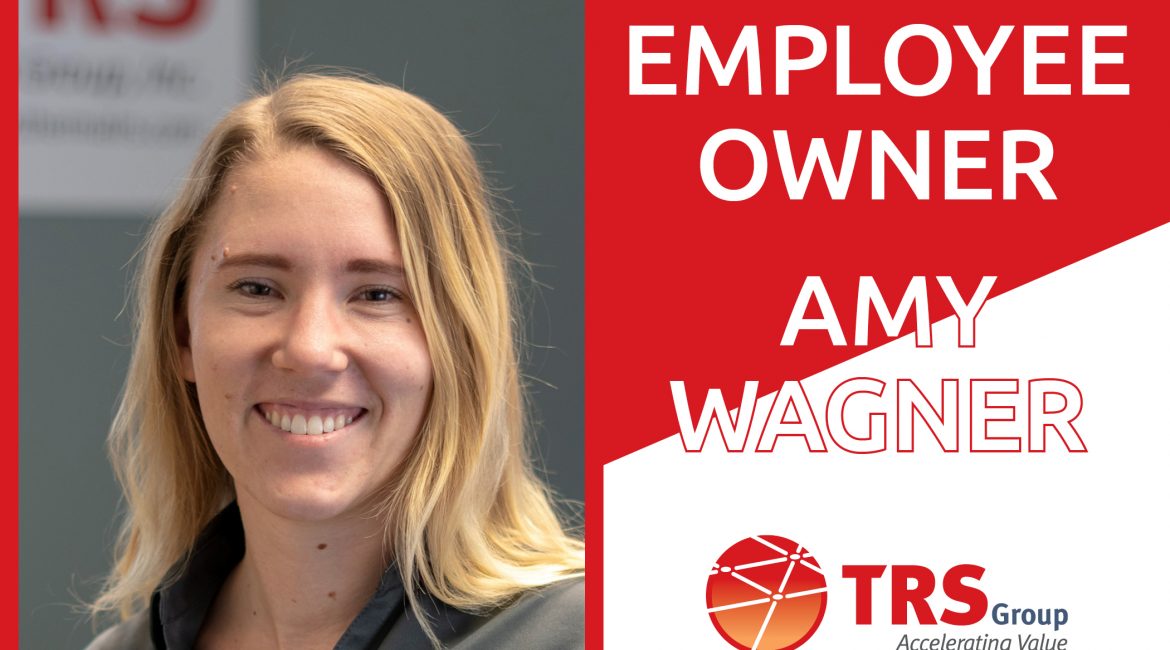TRS Group recently chatted with Amy Wagner about the challenges and rewards of performing thermal remediation work internationally and what attracted her to the environmental industry.
Position: International Project Engineer
Location: Chicago
TRS Employee-Owner Tenure: Six years
Specialties: Working in Europe, electrical resistance heating (ERH) technology
Education: Bachelor of Science in Chemical Engineering from the University of Nevada-Reno
TRS Group: What single thing have you been most proud of during your time at TRS?
Amy Wagner: Definitely the work we have done in Europe. When I first came on to the Europe team four years ago, we had one project that we were working on and one project that was contracted. From that point on, we have really built a team, as well as a team of partnering companies. We have gotten to the point this year where we have two projects operating at the same time on the European continent, which is a first for us, and is very exciting. Building out the European market and the European team and trying to lay some groundwork for future success in Europe is the thing I am most proud of at TRS.
TRS Group: What is the most satisfying aspect of your job?
Amy: Being able to feel a sense of accomplishment in not only designing a system that is highly technical and being able to use the skills that I actually learned in school and see that applied on a daily basis at work, but also that we are trying to come in and better the area and the environment and better the local ecosystem and remove these things that can be potentially dangerous and harmful to our natural world.
TRS Group: What attracted you to the field of thermal remediation?
Amy: The fact that I can come in every day and utilize these things that I went to school to learn. I think there are very few engineers out there that have that ability in their jobs. To still pull out my thermodynamics textbooks to reference certain equations for designing these systems is the thing that is the most fun to me. Initially hearing about the thermal remediation world and becoming attracted to it, that was the crux of it. I was soon out of college and hearing about all of these things I had learned throughout my four years there. I was able to look at thermal remediation and say, ‘This is the stuff I actually learned about and this is really engineering that is also doing some good for the world.’
TRS Group: So you had learned about thermal remediation in college?
Amy: Not thermal remediation, specifically. I had learned about some traditional remediation approaches like pump and treat. Being able to use things as a chemical engineer like fluid dynamics courses and heat and mass transfer and your thermodynamics and bringing all of those core classes from chemical engineering together into a career is what is very attractive about thermal remediation to me.





